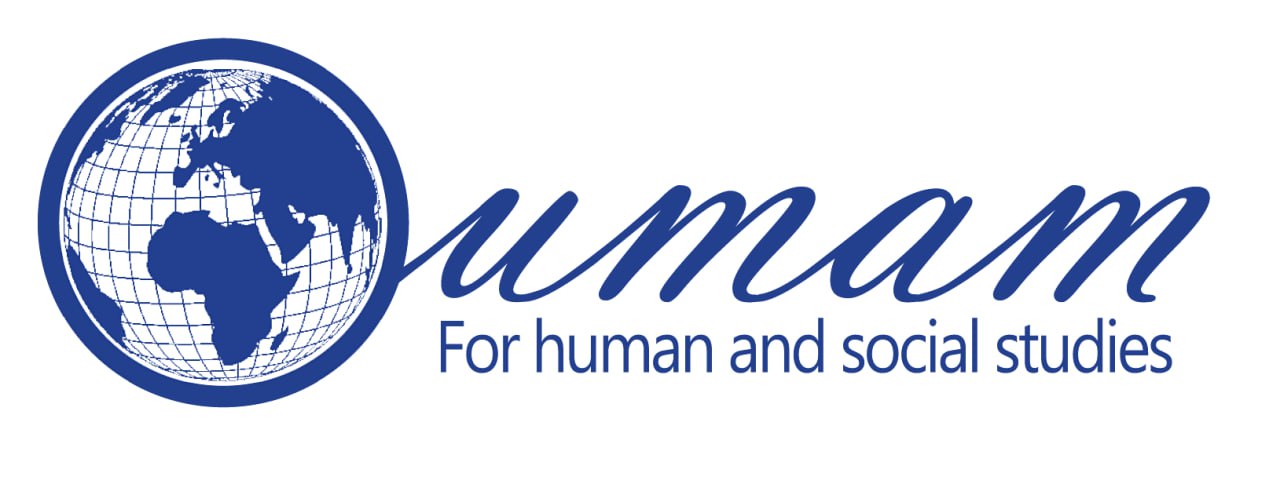The author deconstructs the dominant Western narrative surrounding what has been referred to as the "Arab Spring," demonstrating how this narrative reproduces traditional Orientalist patterns that view the Arab world through a rigid, backward, and authoritarian lens, imposing ready-made concepts such as democracy and modernity upon it.
The author argues that portraying the revolutions as a unified democratic wave disregards the economic, social, and cultural differences between the countries and reduces complex phenomena to a binary of "despotism/freedom" or "tradition/modernity." She also highlights how Western discourse enlists symbols such as women or technology (smartphones, social media) to support this modernist framework.
The study is based on the concept of Orientalism as developed by Edward Said and calls for a reconsideration of these narratives in favor of more realistic readings that are aware of the contexts of power and knowledge. It also shows how concepts such as "Eastern despotism" and "modernity" are used to justify Western political and military interventions.




Comments